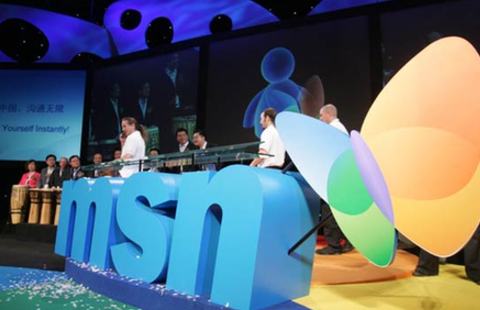No credit crunch in China: economist
(Xinhua) Updated: 2014-09-14 20:19BEIJING - The Chinese economy is not experiencing a credit crunch, as the government and central bank "clearly intend to" maintain a relatively supportive credit environment to help bolster the economy, an economist said.
When July loan and total social financing (TSF) data surprised sharply to the downside, investors were worried about a sudden credit crunch.
However, the data published by the People's Bank of China (PBOC) on Friday showed that August's new RMB loans reached 703 billion yuan (about 114.6 billion U.S. dollars), much higher than in July.
The sudden rush of bank lending toward the end of August is evidence that the government and central bank are working to maintain a supportive credit environment, said Tao Wang, an analyst with Switzerland's largest bank, UBS, in a research paper.
New lending from the big four Chinese banks was weak right up until the very end of the month, with short-term lending such as bill discounts seeing a notable increase in August, Wang said.
"Both suggest that there may have been pressure from the government for banks to step up lending. Indeed, August's new RMB bank lending rose to 703 billion yuan from July's mere 385 billion yuan," the economist added.
Wang also said that "the weakness in TSF overstates the weakness of China's overall credit conditions."
The 627-billion-yuan drop in new TSF compared to August 2013 was led by a 417-billion-yuan decline in bill acceptances, a 172-billion-yuan fall in trust loans and a 119-billion-yuan decline in entrusted loans, she added.
"We also suspect that tougher regulations have led to more shadow banking activities being hidden in new ways not fully tracked by TSF," Wang said.
"That said, we do believe that overall credit growth is slowing only gradually, in line with a softening of nominal GDP growth and credit demand," Wang said.
- Alibaba kicks off Asia roadshow in HK
- Alibaba set for biggest IPO in history
- China's rooftop power generation surges despite challenges
- CNOOC reports first deepwater gas discovery in South China Sea
- China, Malaysia join hands in port partnership
- Shanghai FTZ senior official removed
- Urban farmers in China
- Beijing raises hiring standard for foreign employees
















